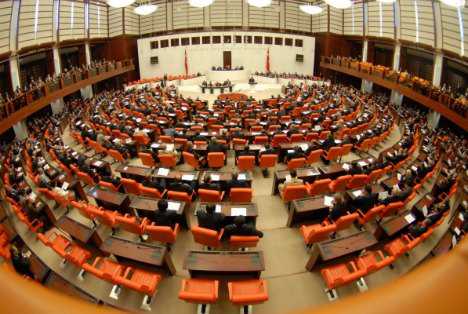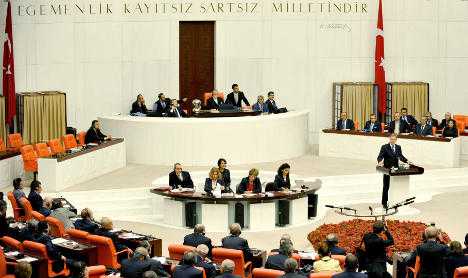by Jennifer Hattam, Istanbul, Turkey on 07. 8.11

Are the foxes watching the hen house in Turkey? That seems to be the feeling among many environmentalists and urban planners, who greeted with skepticism the announcement Wednesday of the new Turkish government cabinet following elections in mid-June. The figures selected to head up top-level forestry and environment ministries are veterans of state agencies much-criticized for their aggressive dam-building and development policies.
‘My Job Is To Build Dams’
As head of the Environment and Forestry Ministry, Veysel Eroğlu drew the ire of environmentalists for his staunch defense of dam projects that would drown ancient cities and displace thousands of people. “My job is to build dams,” Eroğlu said last fall, adding that pop star Tarkan, an opponent of the Ilısu dam planned for Southeast Anatolia, “should watch his own business.”
In the reconfigured cabinet, Eroğlu has been tapped to lead the newly created Forestry and Waterworks Ministry — an apt position for the former head of the State Waterworks Authority, or DSİ, which is responsible for building dams in the country, but one that seems to leave little room for protecting forests rather than exploiting them.
Also newly created is the Environment and Urban Planning Ministry, headed up by Erdoğan Bayraktar, the former chief of the country’s Housing Development Administration, or TOKİ.
Impacts Of Urbanization
The combining of those two areas in one ministry riled Tayfun Kahraman, the president of the Chamber of Istanbul Urban Planners, who told the local paper Hürriyet Daily News: “It will be exceedingly difficult to administer a ministry that contains two opposing concepts as urban planning and the environment… It could result in negative consequences.”
An argument could certainly be made that integrating the two fields is a positive step that could lead to more careful consideration of how urbanization — rampant in many parts of Turkey — impacts the natural environment. Under Bayraktar, though, TOKİ has drawn fire for its handling of poor residents displaced by gentrification, as well as for engaging in mass building projects that lack attention to infrastructure and livability needs — criticisms that the new minister has at least acknowledged. Whether Bayraktar will actually allow social and environmental issues to slow to Turkey’s rush to build remains to be seen.
via Big Builders to Lead Turkish Environmental Ministries : TreeHugger.

